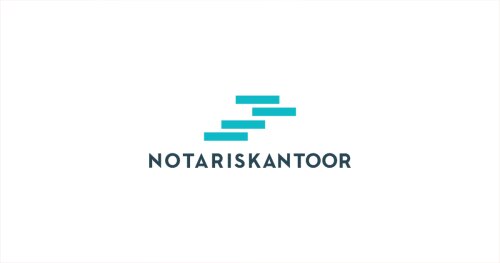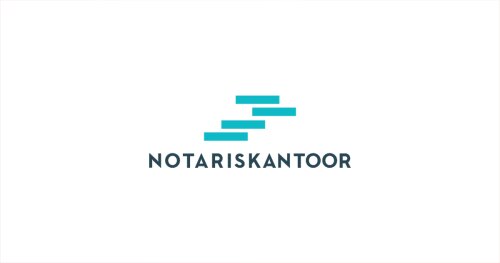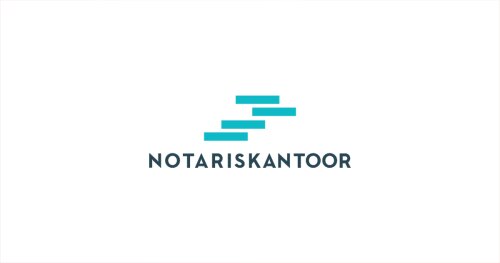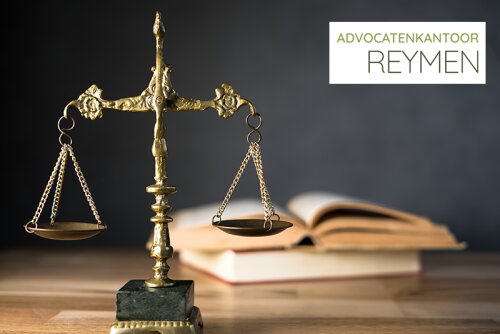Best Sanctions & Export Controls Lawyers in Belgium
Share your needs with us, get contacted by law firms.
Free. Takes 2 min.
Or refine your search by selecting a city:
List of the best lawyers in Belgium
About Sanctions & Export Controls Law in Belgium
Sanctions and export controls are vital legal frameworks in Belgium, regulating how individuals, businesses, and entities interact with foreign countries and international organizations. These laws are designed to support national and international security interests by restricting trade, financial transactions, and technology transfers with certain countries, organizations, or individuals. Belgian sanctions and export controls reflect both European Union (EU) regulations and United Nations (UN) measures, as well as specific Belgian national requirements.
Why You May Need a Lawyer
Sanctions and export controls can be highly complex, both legally and procedurally. You may need legal assistance if you find yourself in any of the following situations:
- Your business exports goods, services, or technology from Belgium to other countries.
- You have been notified of a possible sanctions violation or audit.
- Your company deals with dual-use items, which can be used for both civilian and military purposes.
- You are unsure whether your transaction or trade partner is subject to sanctions.
- You require a license or authorization to proceed with an export.
- You are facing asset freezing or restrictions on financial movements.
- Your company is merging with or acquiring a business with exposure to high-risk markets.
- Your compliance systems need updating or review following changes in sanctions regimes.
- You wish to challenge or seek de-listing from a sanctions list.
In any such circumstance, a legal expert can help you understand your obligations, avoid costly errors, and respond effectively to any regulatory actions.
Local Laws Overview
Belgium implements a robust system of sanctions and export controls based primarily on EU regulations and supplemented by Belgian national law. Key points include:
- Belgium, as an EU member, enforces all EU-level restrictive measures regarding specific countries, sectors, and individuals.
- The FPS Economy (Ministry of Economy) oversees export controls, including licensing for dual-use goods, military goods, and certain sensitive technologies.
- The FPS Foreign Affairs and National Bank of Belgium are involved in enforcing financial sanctions, including asset freezes and transactional restrictions.
- UN Security Council sanctions are directly applicable and enforced in Belgium.
- The regional governments play a role in licensing exports related to military goods and some dual-use items.
- Violations of these laws can lead to severe civil and criminal penalties, including fines and imprisonment.
- The legal regime is dynamic and frequently updated in response to international developments, geopolitical events, and evolving security threats.
Compliance with these laws is not optional and requires continuous awareness of updates and awareness of both Belgian and international rules.
Frequently Asked Questions
What are sanctions and export controls?
Sanctions are measures that restrict trade, financial transactions, or other interactions with specified countries, individuals, or organizations. Export controls regulate the transfer of certain goods, technologies, or services, especially those with potential military applications.
Who is subject to Belgian sanctions and export controls?
Any person or entity residing or established in Belgium must comply, including Belgian-registered companies and international entities operating from Belgium.
How do I know if an item requires an export license?
Items listed as dual-use or military goods typically require a license. You should check the EU Dual-Use Regulation, the Belgian control lists, and consult with the FPS Economy for guidance.
What is a dual-use item?
A dual-use item is a product, software, or technology that can serve both civilian and military purposes. Their export from Belgium is tightly regulated.
Can I apply for a sanctions exemption or license?
In some cases, you can apply for an exemption or license, but the process is complex and subject to strict scrutiny. Agencies like FPS Economy or FPS Foreign Affairs handle applications.
What are the penalties for non-compliance?
Sanctions violations can result in administrative fines, criminal prosecution, imprisonment, and reputational damage. Penalties depend on the nature and severity of the breach.
Do sanctions and export controls apply to financial institutions?
Yes. Banks and financial service providers must implement robust controls to prevent prohibited transactions and report suspicious activity to the National Bank of Belgium and other authorities.
Are there specific Belgian laws apart from EU and UN regulations?
Yes. While Belgium largely relies on EU and UN rules, it has national measures and enforcement agencies, especially for military and sensitive goods, and in areas not covered by EU jurisdiction.
Can individuals or small businesses be affected?
Yes. Even small transactions or unintentional breaches can trigger enforcement actions. Everyone involved in trade or finance should be aware of their responsibilities.
How can I stay updated on changing sanctions regulations?
Regularly consult the FPS Economy, FPS Foreign Affairs, and EU official journals. Consider legal counsel for tailored updates and compliance support.
Additional Resources
If you need more information or wish to check official guidance, consider these Belgian resources:
- FPS Economy - Directorate General for Economic Regulation: Provides information on export controls, licensing, and compliance requirements.
- FPS Foreign Affairs: Handles matters related to international sanctions, foreign policy, and exemptions.
- National Bank of Belgium: Oversees implementation of financial sanctions and asset freezing.
- Regional authorities (Flemish, Walloon, Brussels): Implement regulations specific to military materials and some dual-use items.
- Belgian Customs: Assists with practical implementation and border checks for export controls.
- Trade associations and chambers of commerce: May offer sector-specific advice or training on compliance.
Next Steps
If you believe you are affected by Belgian sanctions or export controls, or you want to avoid future legal issues, take the following steps:
- Identify whether your business activities, goods, or services are subject to control lists or affected by sanctions regimes.
- Consult the most recent regulations issued by Belgian and EU authorities.
- Seek legal advice from a specialist in sanctions and export controls law to assess your compliance risks and obligations.
- Consider conducting a compliance audit of your procedures and training your staff on relevant laws.
- If you face an investigation or enforcement action, engage a lawyer immediately to protect your rights and develop a response.
Proactive legal guidance is the best way to navigate this challenging legal environment, avoid costly mistakes, and ensure your business remains fully compliant with Belgian and international law.
Lawzana helps you find the best lawyers and law firms in Belgium through a curated and pre-screened list of qualified legal professionals. Our platform offers rankings and detailed profiles of attorneys and law firms, allowing you to compare based on practice areas, including Sanctions & Export Controls, experience, and client feedback.
Each profile includes a description of the firm's areas of practice, client reviews, team members and partners, year of establishment, spoken languages, office locations, contact information, social media presence, and any published articles or resources. Most firms on our platform speak English and are experienced in both local and international legal matters.
Get a quote from top-rated law firms in Belgium — quickly, securely, and without unnecessary hassle.
Disclaimer:
The information provided on this page is for general informational purposes only and does not constitute legal advice. While we strive to ensure the accuracy and relevance of the content, legal information may change over time, and interpretations of the law can vary. You should always consult with a qualified legal professional for advice specific to your situation.
We disclaim all liability for actions taken or not taken based on the content of this page. If you believe any information is incorrect or outdated, please contact us, and we will review and update it where appropriate.
Browse sanctions & export controls law firms by city in Belgium
Refine your search by selecting a city.
















